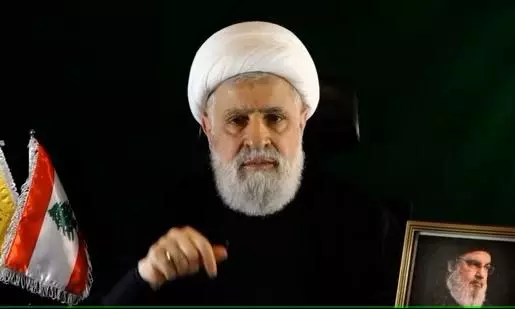
Hezbollah appoints Naim Qassem as new leader following Nasrallah’s death
text_fieldsNaim Qassem has been appointed as Hezbollah's new head, succeeding Hassan Nasrallah as secretary-general of the Lebanese Shia movement. Qassem, formerly the organisation’s deputy leader, was selected due to his longstanding alignment with Hezbollah’s principles and objectives, reflecting his foundational role in the group since the early 1980s.
The appointment comes after Nasrallah’s death in late September during an Israeli airstrike on Beirut, which has intensified Israel’s recent targeting of Hezbollah leadership. This has created a critical juncture for Hezbollah, as the loss of several high-ranking officials has posed challenges to its organisational continuity.
Nasrallah, seen as a central figure for Hezbollah's identity and operations, is believed to have left a void that Qassem’s appointment aims to fill. Qassem, a 71-year-old religious scholar with extensive experience in Shia political activism, has long held a prominent position in Hezbollah’s hierarchy, often referred to as the group’s "number two."
Nasrallah’s cousin, Hashem Safieddine, who was once considered a possible successor, also fell victim to Israeli airstrikes shortly after Nasrallah’s death, highlighting the increased risk faced by the group’s senior leadership.
Since taking on his new role, Qassem has delivered multiple public addresses in formal Arabic, signalling a shift from Nasrallah’s colloquial Lebanese style but reaffirming Hezbollah’s commitment to its goals in the region.
This leadership transition arrives amid heightened tensions between Hezbollah and Israel. Qassem’s recent speeches have indicated that the group remains resolute in its stance against Israel, suggesting an unyielding approach even in the face of significant leadership losses.
With Hezbollah's legacy under Qassem’s guidance, the group is likely to maintain its influence in Lebanon’s Shia community and the broader regional conflict.























